Thriving People in Thriving Places
For community-led conservation to work, livelihoods have to be front and center.
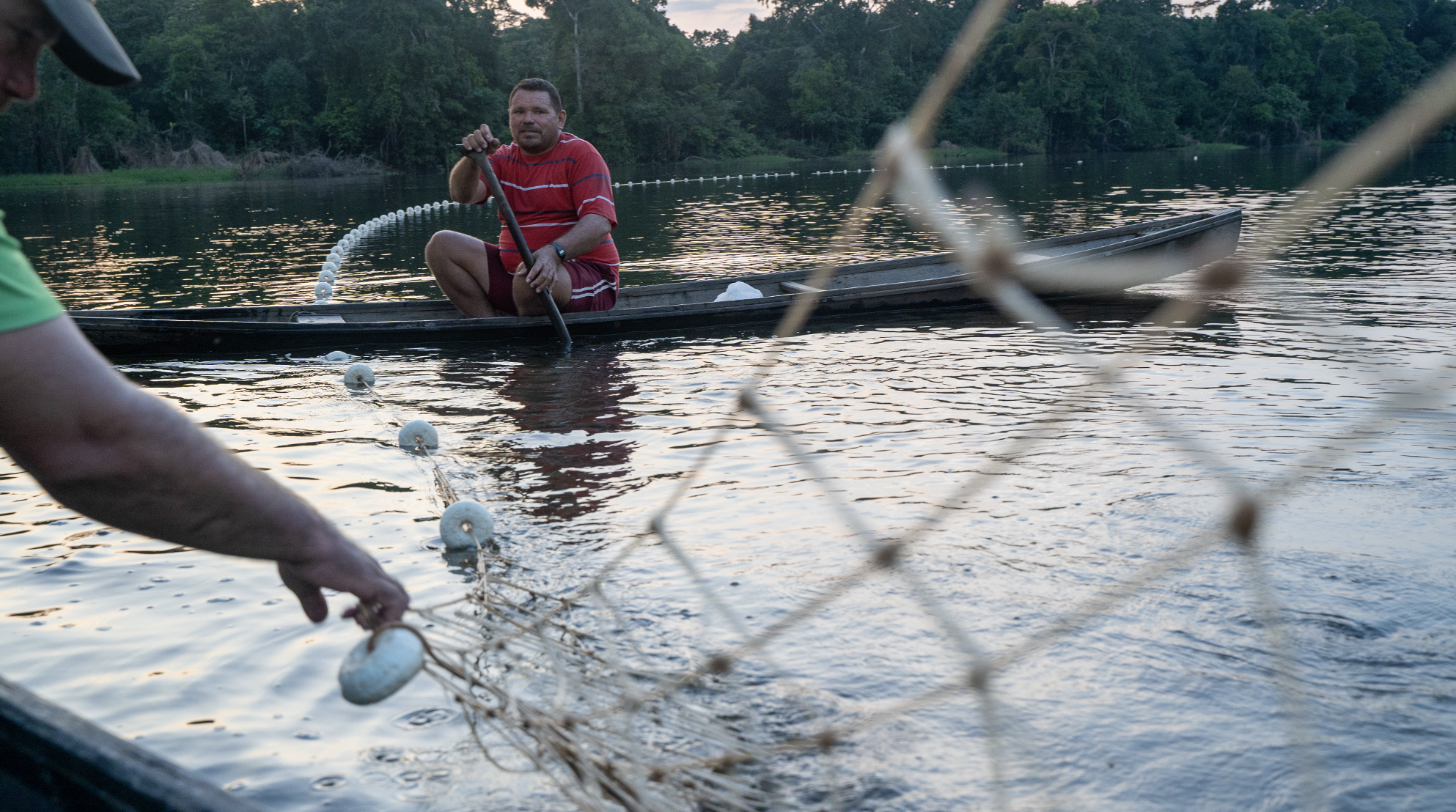

Thriving People in Thriving Places
Rohit lays out why protecting nature only works when people can make a good living.
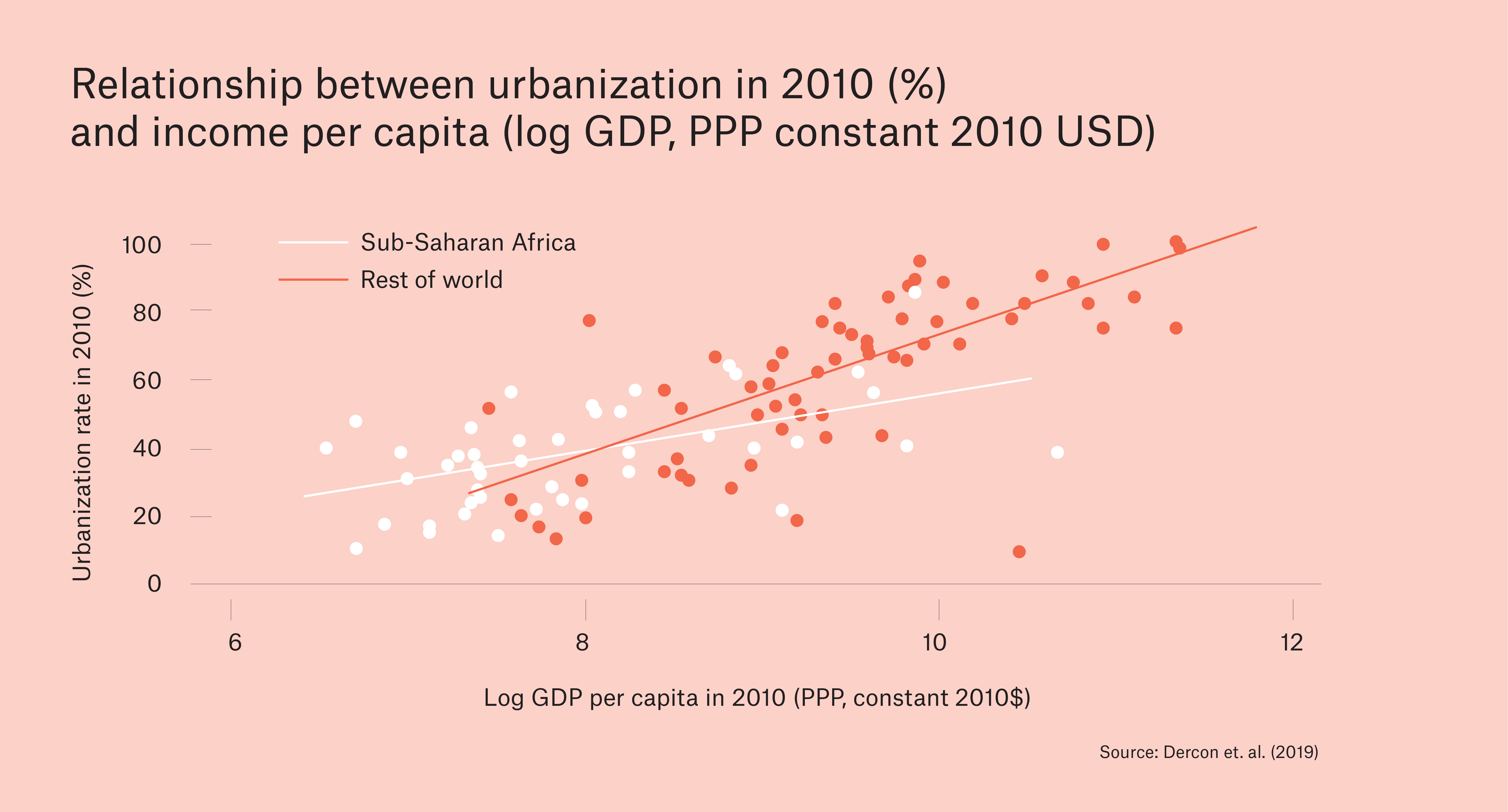
What’s Wrong with African Urbanization?
Africa’s cities should be engines of progress. In much of Africa, they aren’t. If Africa’s urbanization matched East Asia’s, people would be 75% richer by 2050. Instead, most cities are sprawling without a payoff for the people living there. This well-researched piece argues for an Africa-style YIMBY movement: yes to density, yes to housing, yes to jobs.
The Only Thing Worse Than Sweatshops Is…No Sweatshops?
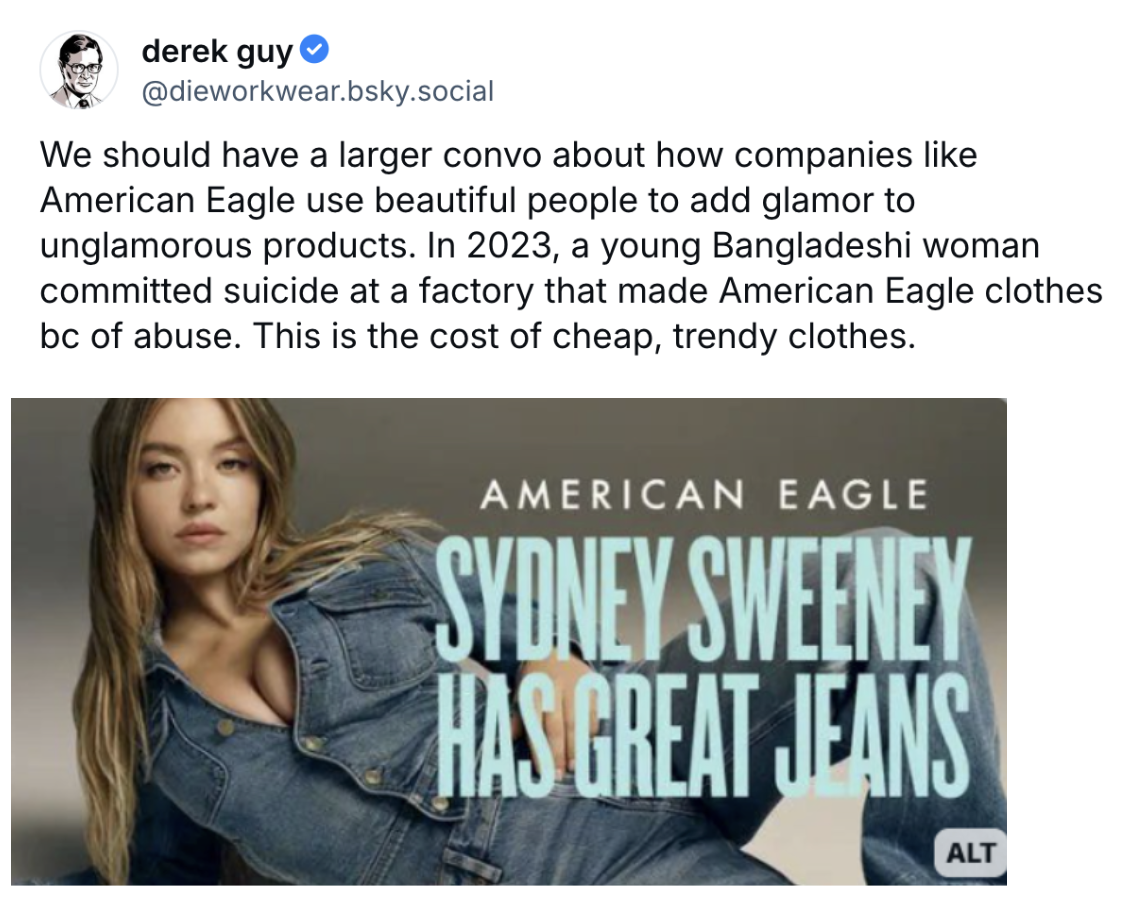
Sweatshops suck. Joblessness sucks more. Noah Smith makes the case that garment work—which often happens in what are undeniably sweatshops—has gotten a lot of people out of poverty. Industrialization has been the main route out of poverty for most countries, and in many of them garment and other sweatshop-ey industries have been an important part of the equation. Read Noah's piece and see what you think.
Why Are Warm Countries Poor?
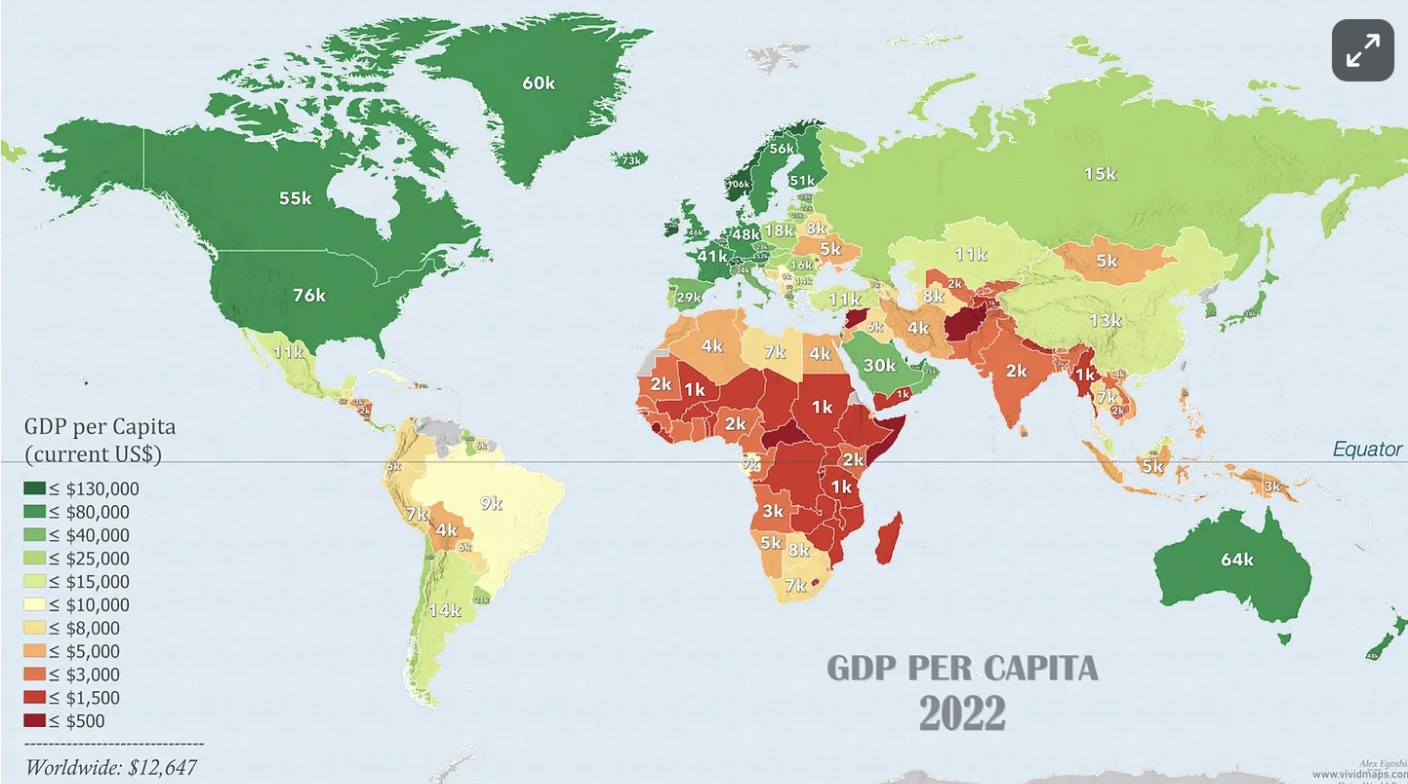
If you haven't subscribed to Thomas Pueyo's account on Substack, Uncharted Territories, you should. He tackles all kinds of interesting subjects, most prominently the way in which geography has produced the world we live in today. The negative effects of heat on productivity are pretty well documented—Lee Kuan Yew said that air conditioning was the biggest factor in Singapore's rise to prosperity—but Pueyo comes to some conclusions we'd never thought of before. Poverty is the result of a lot of things, but the role of geography is no small part of the story.
Billion-Dollar Misfits — Inside Y Combinator’s Startup Formula
What can Mulago learn from Y Combinator? A lot, it turns out. Swap “profit” for “impact” and this talk with Gary Tan could be about our world. He breaks down how YC spots talent and scales ideas—lessons that apply just as much to impact driven organizations. Worth a listen for anyone in the social entrepreneur world.
How To Fix Foreign Aid
Dean Karlan is a titan of development econ. He also spent two and a half years as the first-ever Chief Economist at USAID. Future aid reformers, take notes—this is how you would actually make foreign aid work, and last.
And Now…Some Good News

In May 2025, African countries imported a combined 1.57 Gigawatts of solar panels from China, an all time high. The spike didn’t come from relatively affluent African countries like South Africa, but rather from nearly two dozen smaller nations. Bill McKibben has written a thoughtfully optimistic post on what could happen if we just flooded the planet with cheap, or even free, solar panels?
“The World Needs More (Kevin) Starrs” Seriously?
Joey, co-founder of Ambitious Impact, talks up Kevin’s writing and argues that too few funders are putting pen to paper. We’re not convinced the world needs more “thought leadership,” and believe us, one Kevin Starr is plenty. But Joey’s right that philanthropy needs more transparency— to show its work—and we think a lot more industry self-critique is in order.
And Finally…
Why our beloved effective altruist friends sometimes leave us…bewildered.
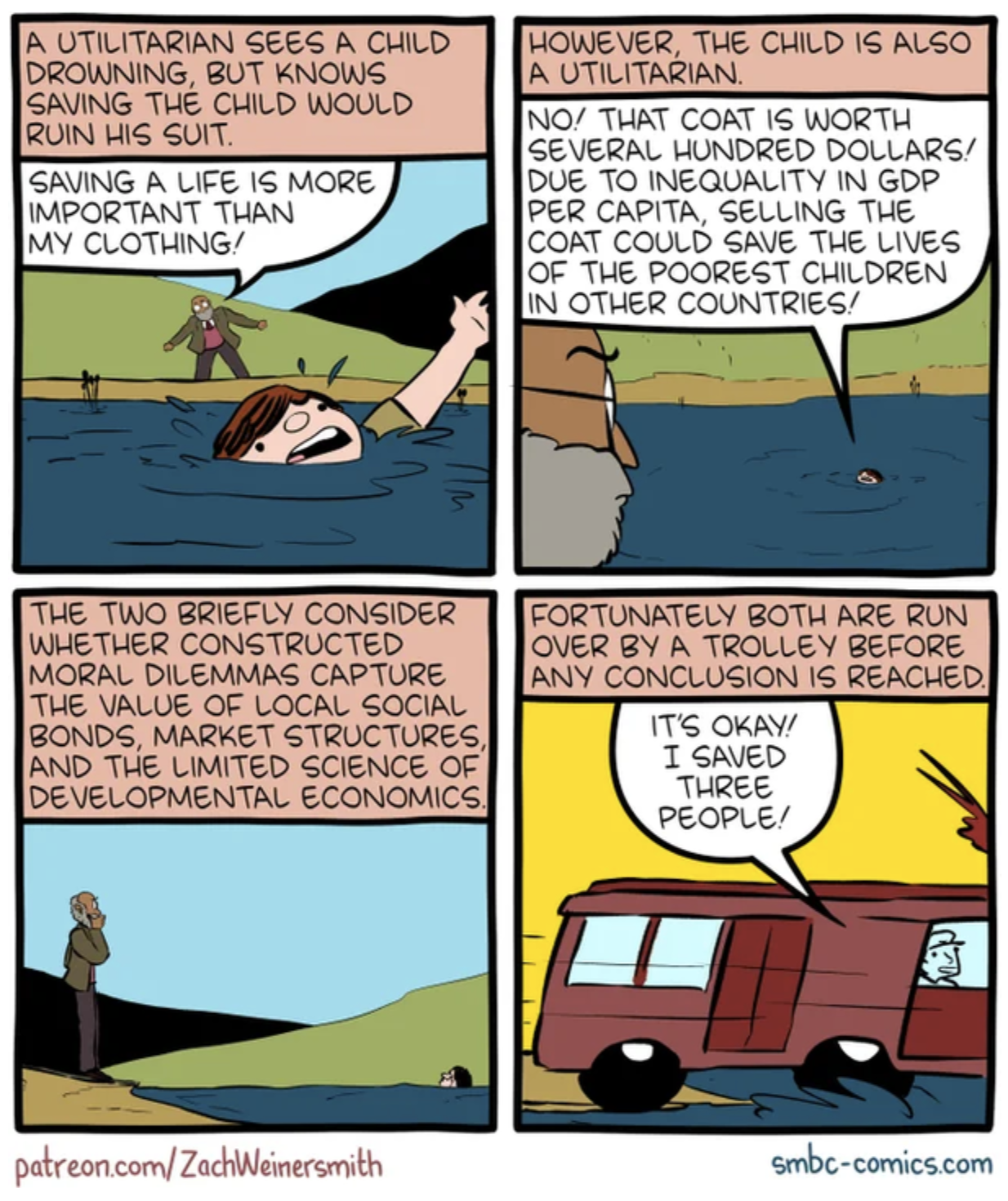
Impact in your inbox
The best stuff we run into, straight to your inbox. Zero spam, promise. To see past issues, click here.



.png)
